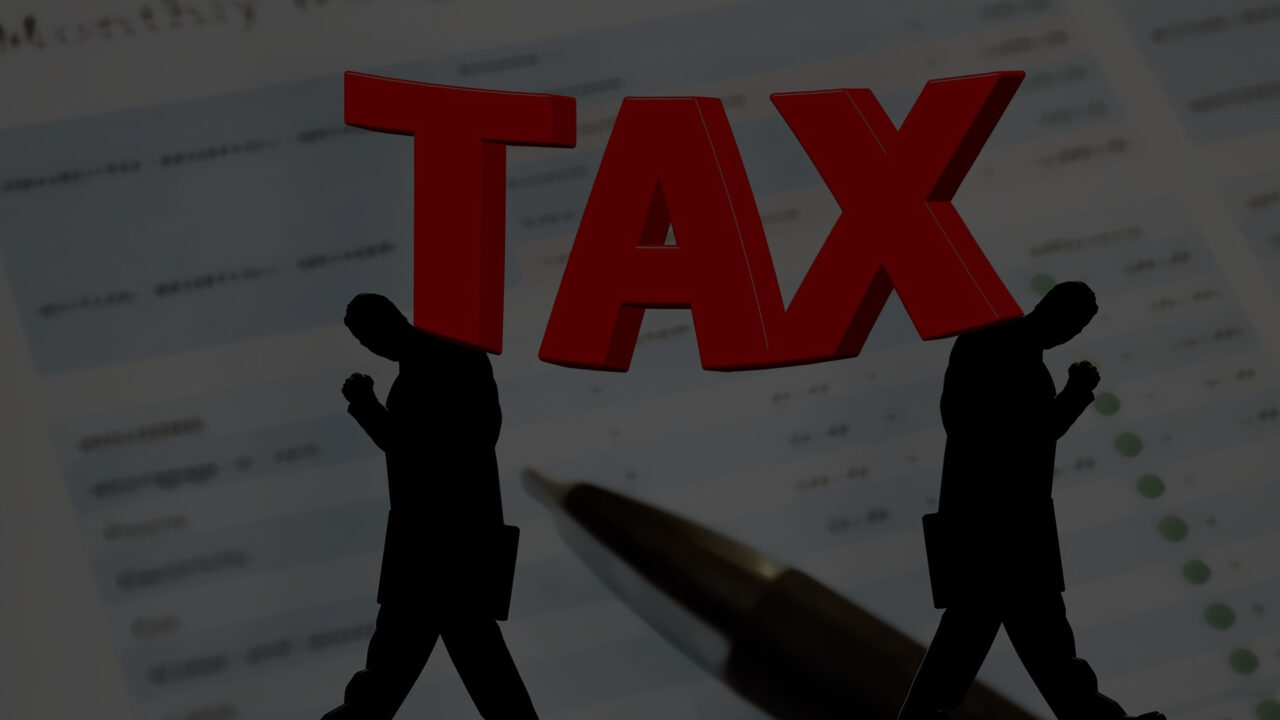Art. 16a of the Fiscal Penal Codeattorney at lawavoidance of criminal liabilitycorrection of the tax returnexclusion of punishmentFiscal offensepreparatory proceedings for a tax offensetax advisortax criminal liability of a board membertax criminal liability of the CFOtax offenceunderstated taxFiscal offense and exclusion of punishment – art. 16a of the Tax penal code. Warsaw, September 10, 2021
September 13, 2021
On July 26, 2021, the Polish government presented a draft law introducing extensive changes to the tax and social security laws, which were the subject of public consultations conducted by the Ministry of Finance up until August 30, 2021. These changes were partially announced earlier this year and are referred to as the “Polish Deal”.

